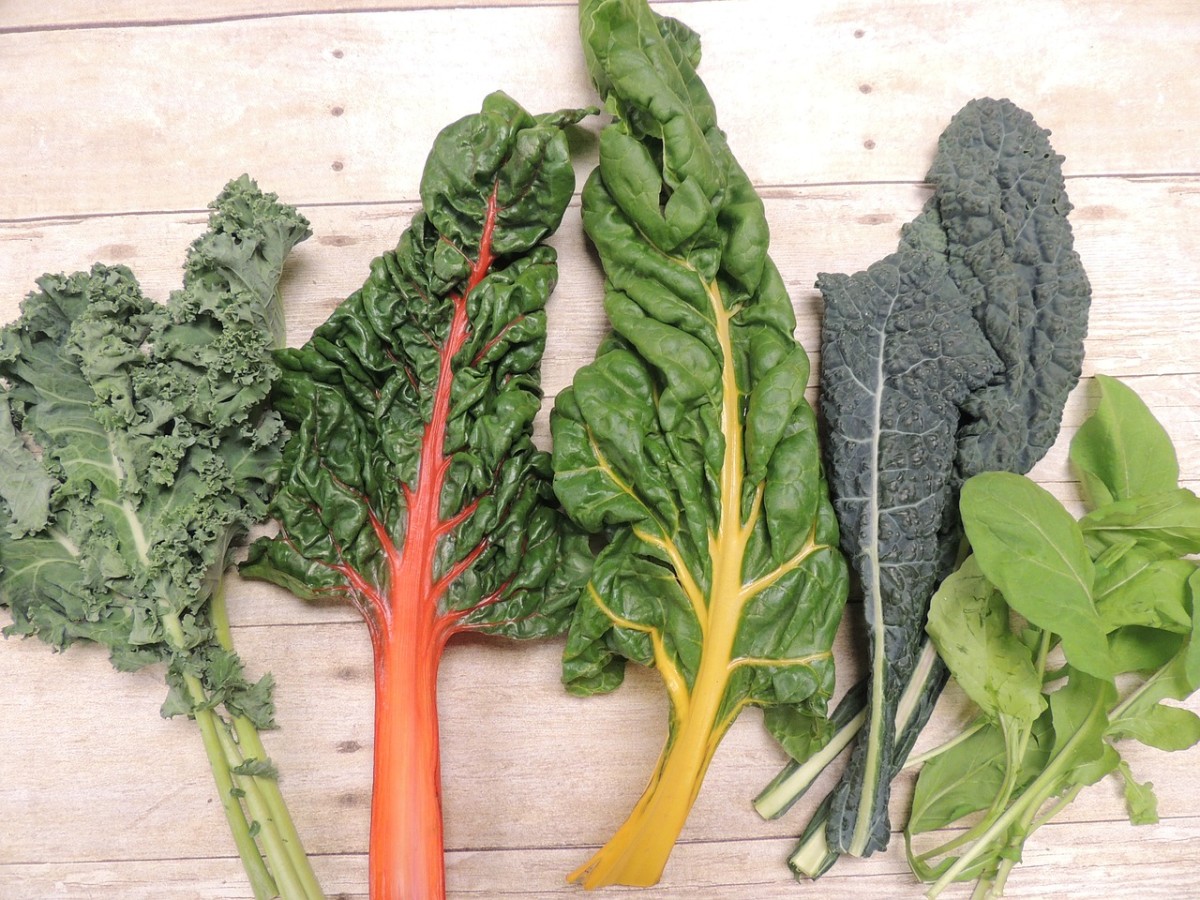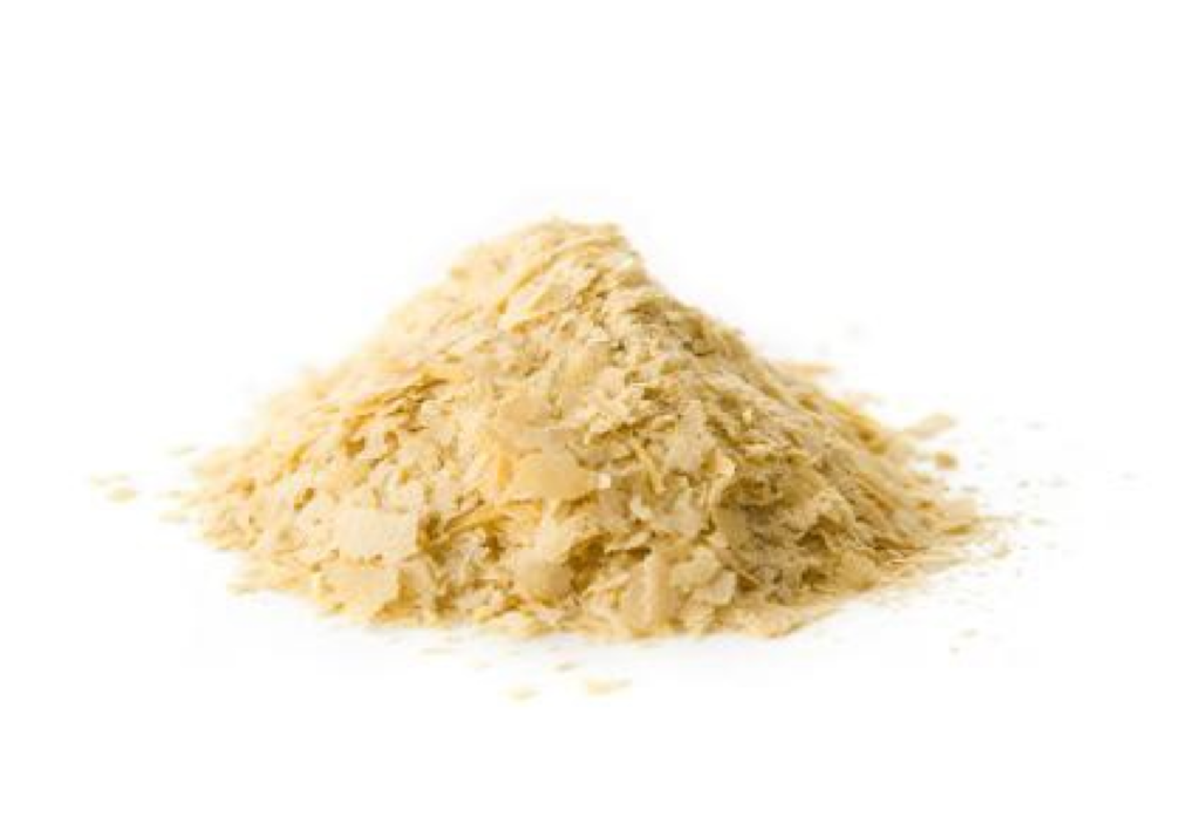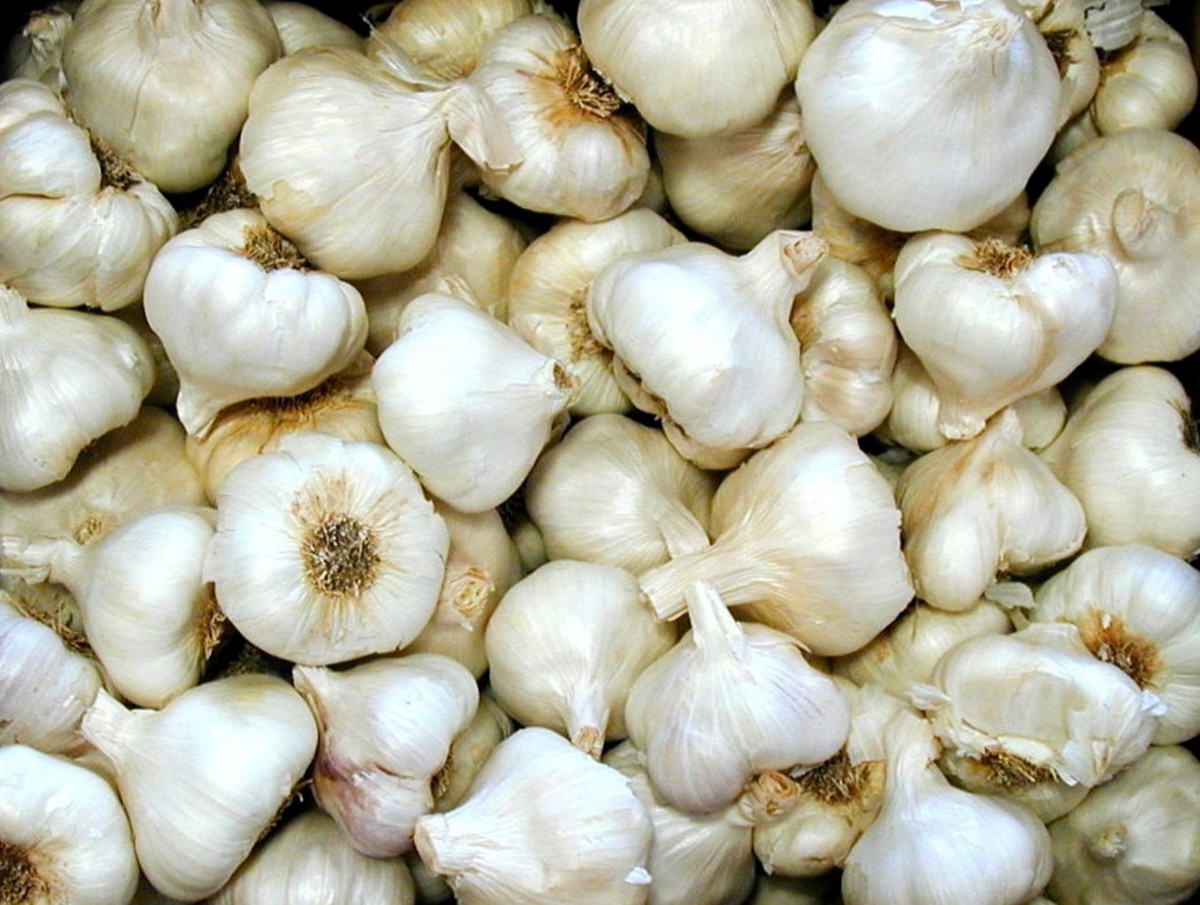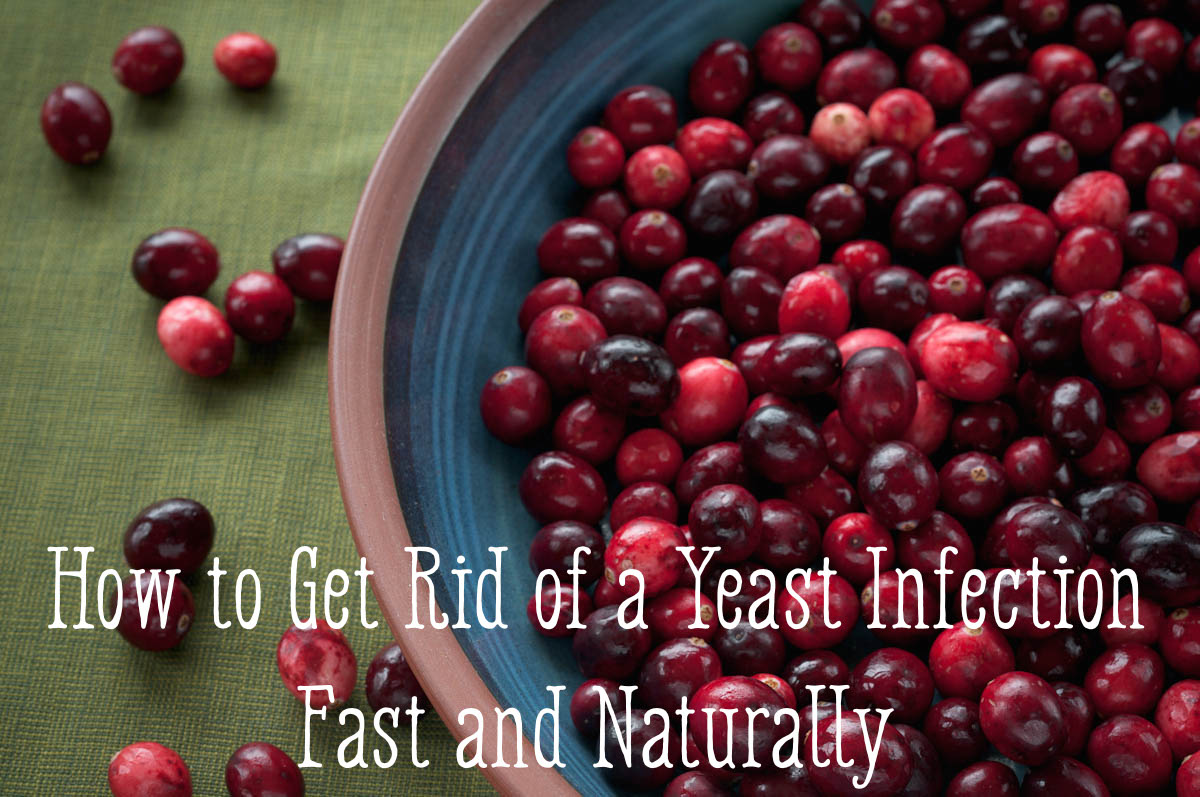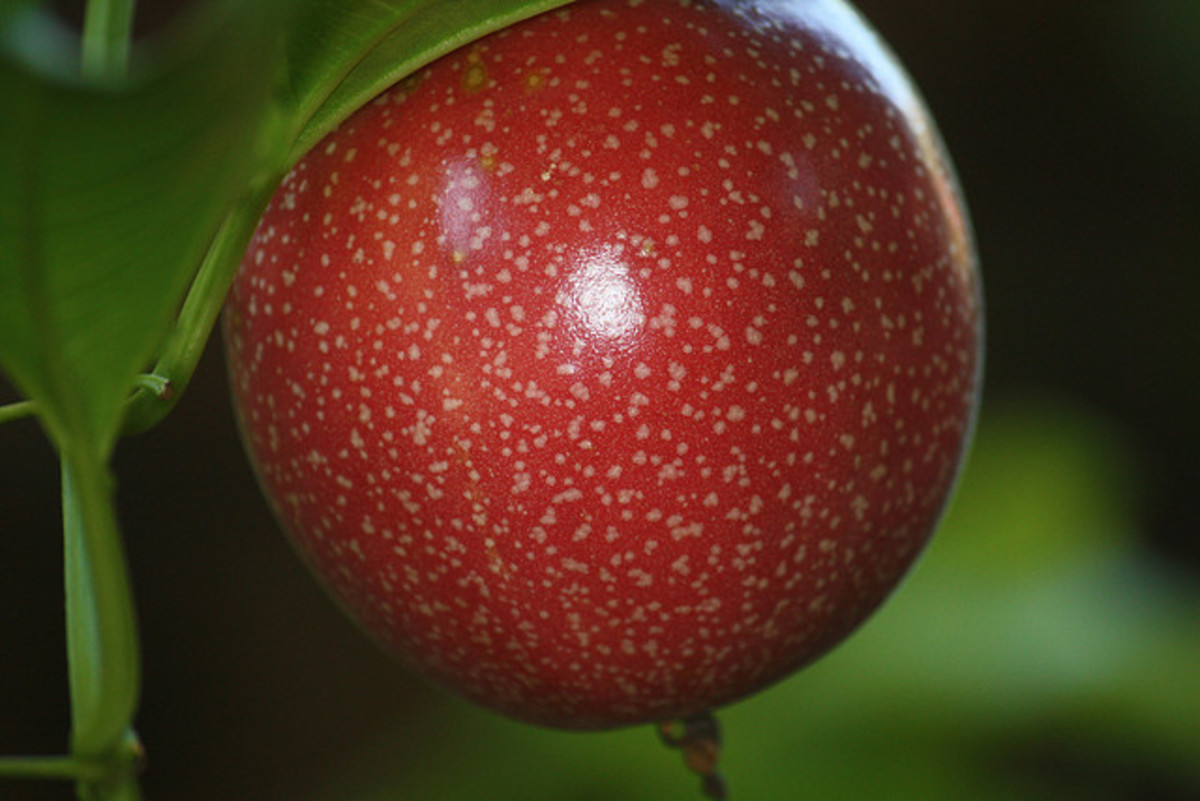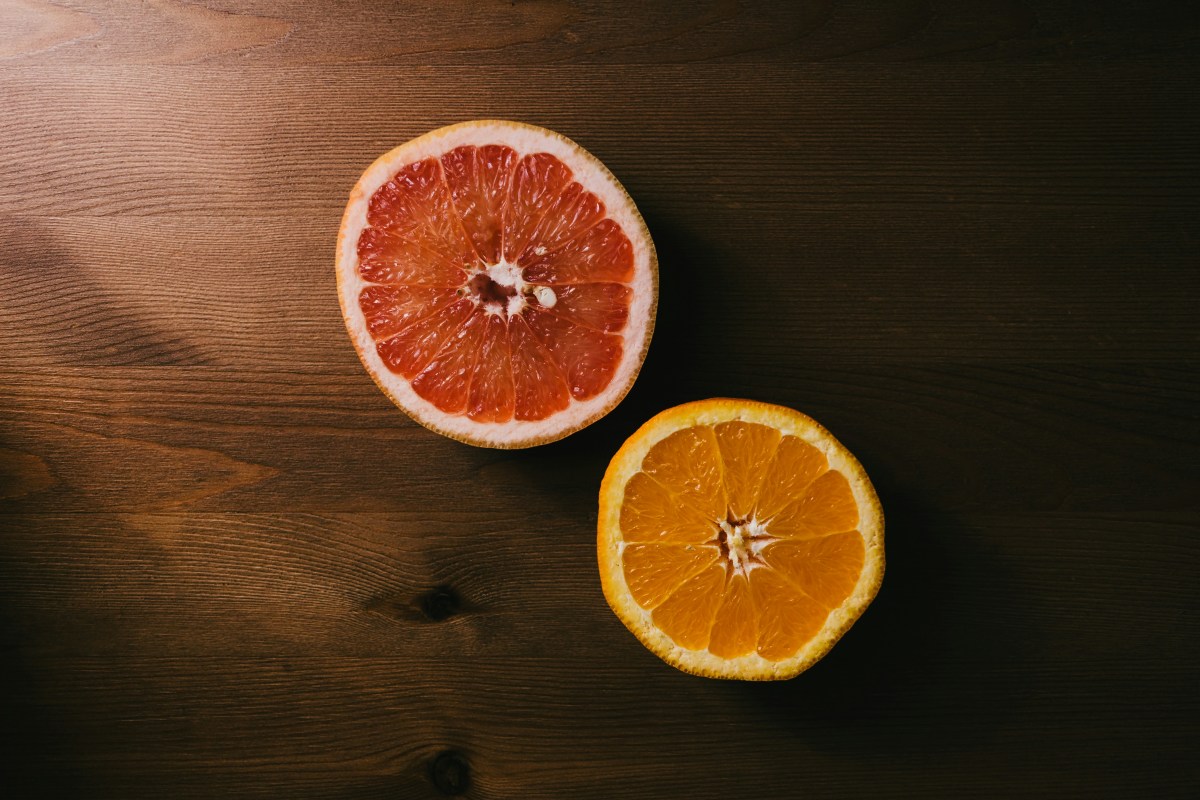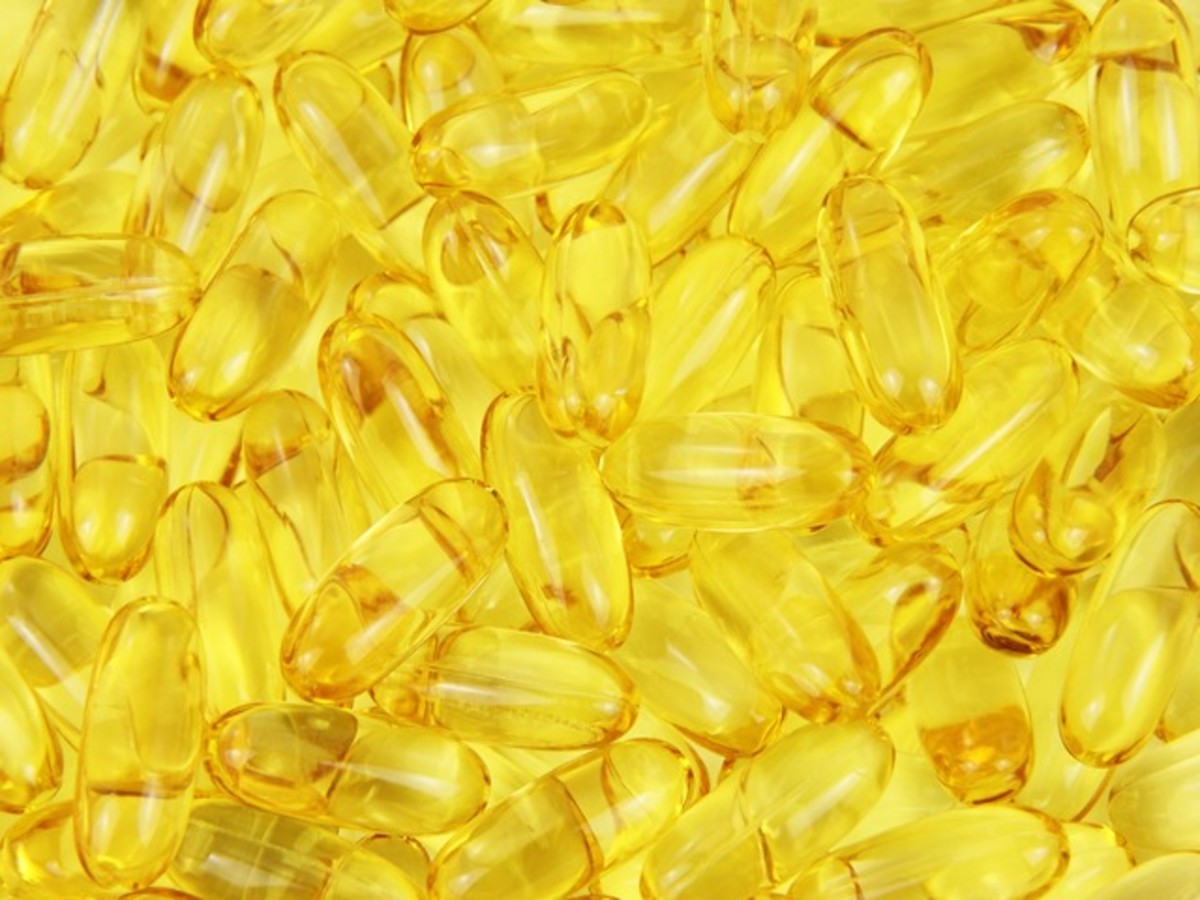How to Use Nutritional Yeast
Nutritional yeast is a deactivated yeast food product and supplement that is very popular with vegans. It is produced by cultivating a yeast in a nutritional medium such as cane and beet molasses that has had extra vitamins added. It is cultivated for seven days, then the yeast is killed by heating it; it is then harvested and dried.
It is usually sold, in flake form, in health and natural food stores and has a nutty, cheesy flavor. Nutritional yeast is considered to be a "complete protein" and is a great source of B vitamins and the nine essential amino acids.
One teaspoonful of nutritional yeast has 60 calories, seven grams of carbohydrates and one gram of fat. Many people would like to know how to use nutritional yeast in their daily lives and to reap the health benefits.
Selected vitamins and minerals contained in nutritional yeast
Vitamin/mineral name
| % Recommended Daily Allowance
|
|---|---|
Riboflavin
| 565
|
Niacin
| 280
|
B6
| 480
|
Thiamine
| 640
|
B12
| 133
|
Folic Acid
| 60
|
Zinc
| 21
|
Selenium
| 32
|
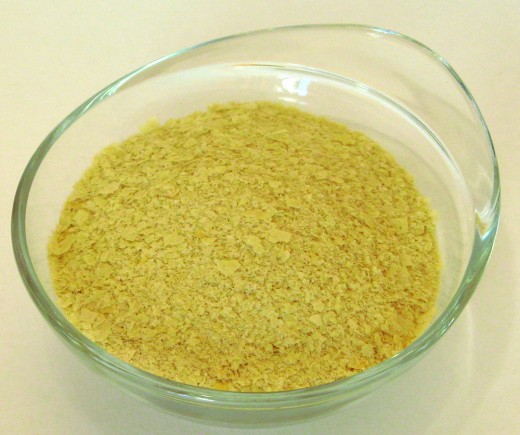
Uses of nutritional yeast
Nutritional yeast can be used in many ways without having to change your entire diet. It is often used as a condiment to sprinkle on any food you eat; it can also be sprinkled on popcorn. Nutritional yeast can be added to gravy as a thickening agent, or to make gravy by itself. It can also be added to burgers, a teaspoonful can be added to flour when baking, and it can even be used to make cheese for pizza or lasagna. Basically, it can be added to anything you can think of, limited only by your imagination.
What is an amino acid?
Amino acid is a biomolecule that synthesizes protein. It is made up of carbon, hydrogen, oxygen and nitrogen. The human body contains 23 amino acids, nine of which are essential. The nine essential amino acids are found in nutritional yeast: histidine, lysine, threonine, isoleucine, methionine, tryptophan, leucine, phenylalanine and valine.
Health benefits of nutritional yeast
It is important to consider adding nutritional yeast to your diet. It has been shown to help regulate blood sugar and it gives you 2-4 times the daily recommended allowance for many vitamins, especially B vitamins. It also has high levels of zinc and selenium.
Tofu and nutritional yeast
What is selenium?
Selenium is a trace mineral which is found in nuts, cereals, meat, mushrooms, fish and eggs. It helps to regulate the thyroid gland and strengthen the immune system. It also has antioxidant properties. Nutritional yeast provides 32% of the recommended daily amount. Too much selenium can be poisonous and it is suggested that a person take no more than 400 micrograms a day.
If I suffer from Candida can I still use nutritional yeast?
The answer is yes. Nutritional yeast is not active and will not bother those who suffer from Candida. Just make sure that you are buying nutritional yeast and not brewer's yeast which is still active.
What is zinc?
Zinc aids in cellular metabolism. It is not stored in the body so humans must get it from food or from nutritional supplements such as nutritional yeast. It is essential for growing children and for pregnant women. In recent years it was argued that zinc lessens the length of time a cold lasts; the jury is still out on this. Nutritional yeast contains 21% of the recommended daily amount.
A smart way to eat healthier
We all want to eat healthier and it seems that adding nutritional yeast to our daily food routine is a great first step towards doing that. It barely adds any calories, has a pleasant taste and can be added to any meal such as breakfast or dinner. In my opinion, it is more important we get our nutrition from natural sources rather than relying on multi-vitamins and other supplements.


